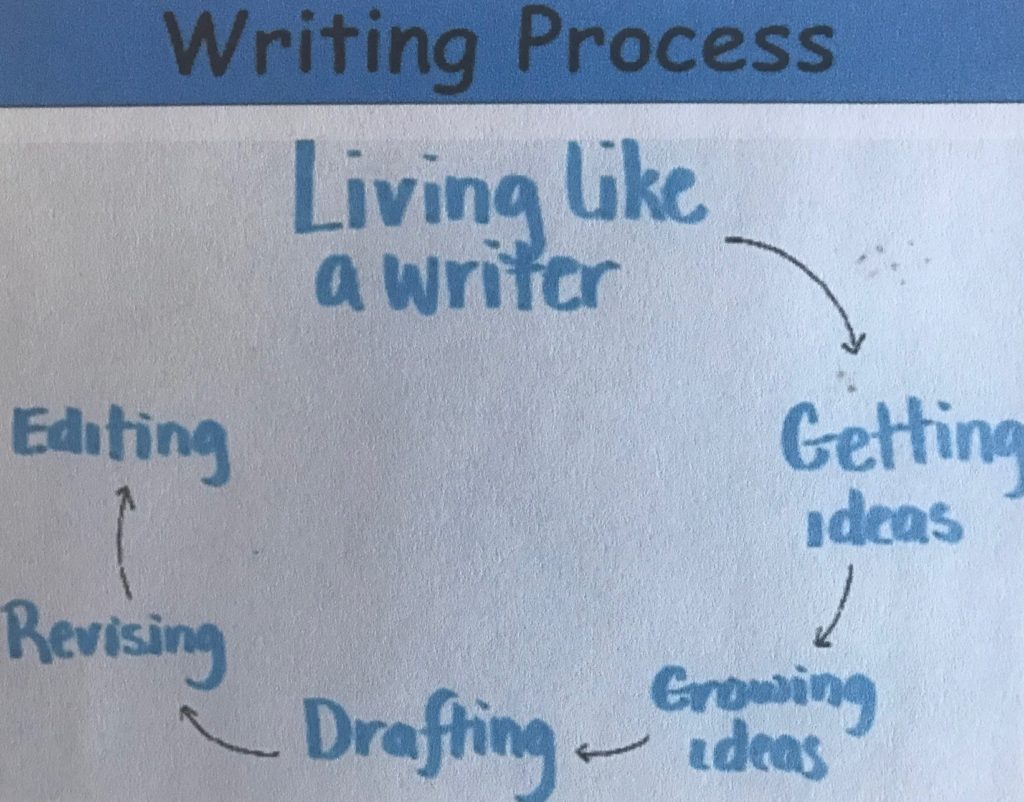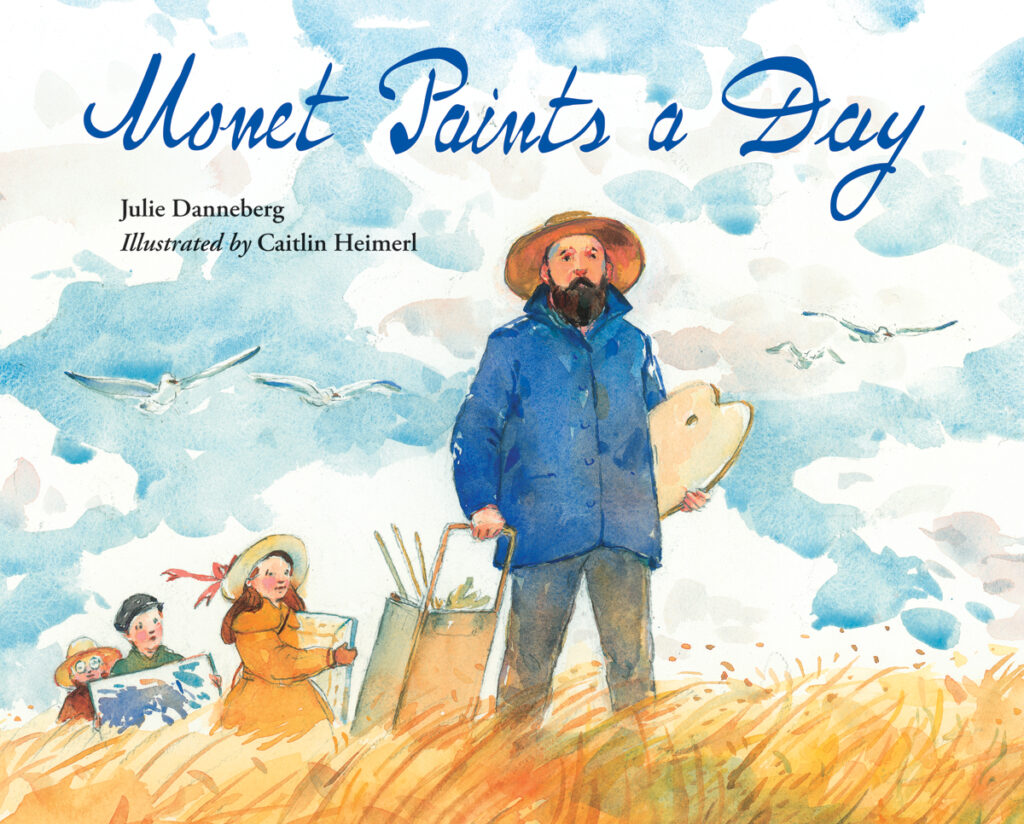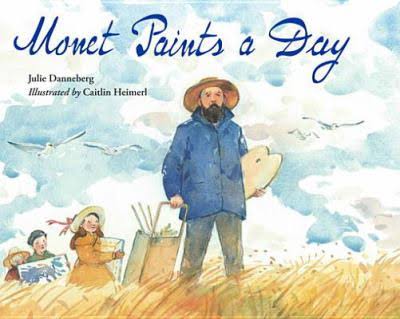A Helpful Boost for Teaching the Writing Process
“Through the years I’ve learned that the most successful writers are those who have learned to think about their process and reflect on their work.” Louise DeSalvo When I teach writing, I want my students to see the 5-step writing process as a necessary tool to guide, inform and improve their writing. I want them […]
A Helpful Boost for Teaching the Writing Process Read More »





